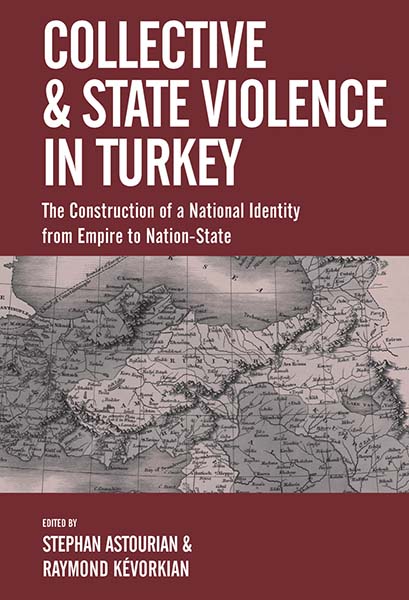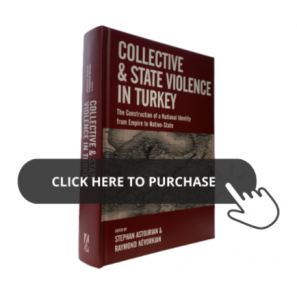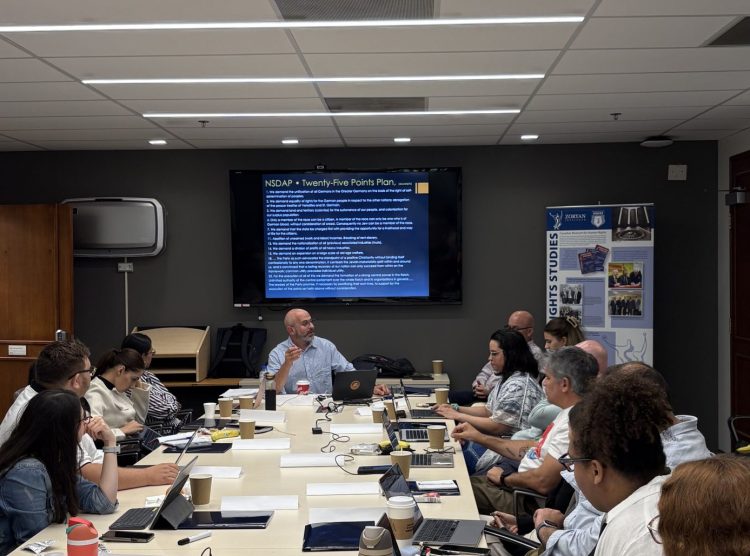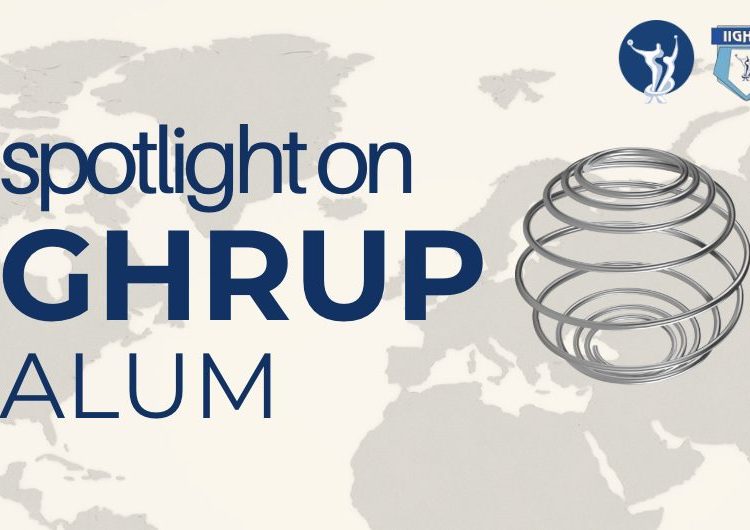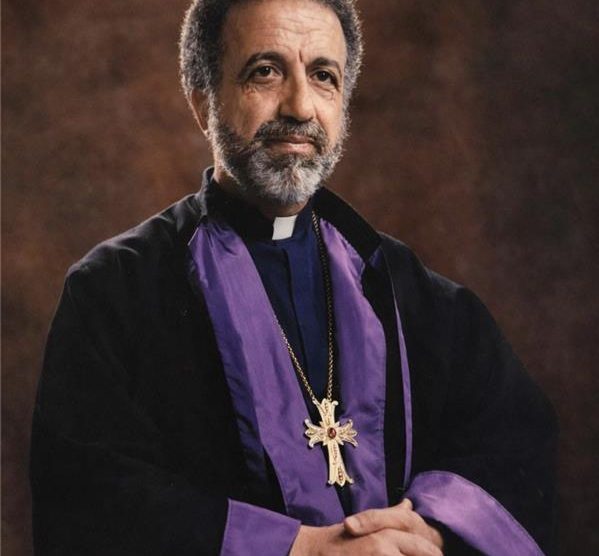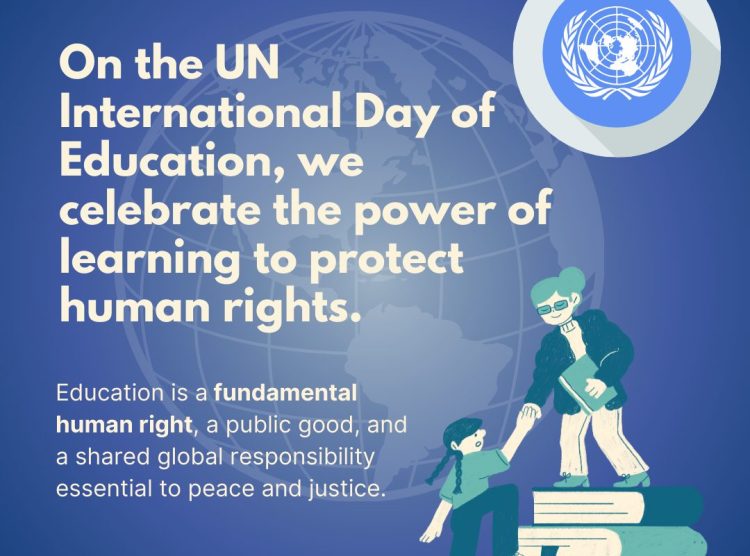The approaches taken in this book represents a microcosm in the broader array of genocide and mass political violence case studies, and as such, is essential reading for any audience, whether academic or practitioner, vested in understanding how genocidal violence occurs and the potential for its prevention and mitigation.
– Cheng Min Xu
University of Toronto
The Zoryan Institute is pleased to share Genocide and Human Rights University Program alumnus Cheng Min Xu’s scholarly review of Collective & State Violence in Turkey: The Construction of a National Identity from Empire to Nation-State, found in Volume 15 of Genocide Studies and Prevention.
Collective & State Violence in Turkey provides a wide range of case studies and historiographical reflections on the alarming recurrence of such violence in Turkish history, as atrocities against varied ethnic-religious groups from the nineteenth century to today have propelled the nation’s very sense of itself.
Cheng, currently a second-year PhD student at the University of Toronto, suggests that this volume represents essential reading for those interested in gaining an understanding of how genocidal violence occurs.

